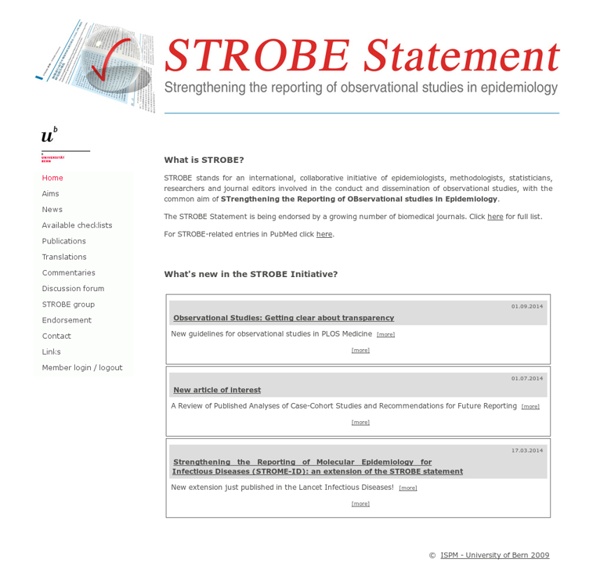



INTRODUCTION These Guidelines are intended for investigators, health policy-makers, members of ethical review committees, and others who have to deal with ethical issues that arise in epidemiology. They may also assist in the establishment of standards for ethical review of epidemiological studies. The Guidelines are an expression of concern to ensure that epidemiological studies observe ethical standards. These standards apply to all who undertake any of the types of activity covered by the Guidelines. Investigators must always be held responsible for the ethical integrity of their studies. Epidemiology is defined as the study of the distribution and determinants of health-related states or events in specified populations, and the application of this study to control of health problems. Epidemiology has greatly improved the human condition in the present century. Epidemiological research is of two main types: observational and experimental: Informed Consent Individual consent 1. 2. 3. 4.
Guidelines for Good Pharmacoepidemiology Practices Guidelines for Good Pharmacoepidemiology Practices (GPP) Initially issued: 1996 Revision 1: August 2004 Revision 2: April 2007 Introduction Pharmacoepidemiologic studies provide valuable information about the health effects of healthcare products. ISPE recognizes that pharmacoepidemiologic research-the study of the use and effects of healthcare products (e.g., including pharmaceuticals, devices and vaccines)-has expanded to include clinical, economic and other health outcomes, requiring study methods that were not covered in previous guidelines. The Guidelines for Good Pharmacoepidemiology Practices (GPP) have been adapted from a document prepared by the Chemical Manufacturer's Association Epidemiology Task Group.1 When appropriate, we have (with permission) retained the text of that document. The GPP address the following areas: A. The GPP have the following specific goals: B. Top of Page II. Each study should have a written protocol. III. A. B. C. D. E. IV. A. B. C. D.
ENCePP Methodological Standards in Pharmacoepidemiology ENCePP Guide on Methodological Standards in Pharmacoepidemiology The Guide on Methodological Standards in Pharmacoepidemiology offers a single web resource for methodological English language guidance in pharmacoepidemiology. For each topic covered, direct electronic access is given to internationally agreed recommendations and key points from important guidelines, published articles and textbooks. Where relevant, gaps in existing guidance have been addressed with what ENCePP considers good practice. The guide is updated annually by structured review to maintain its dynamic nature. It may also be amended as necessary in response to comments received. The current version of the Guide is Revision 2, dated June 2013, which includes two new chapters: comparative effectiveness research and vaccine safety and effectiveness. Relevant documents: Individual Chapters: